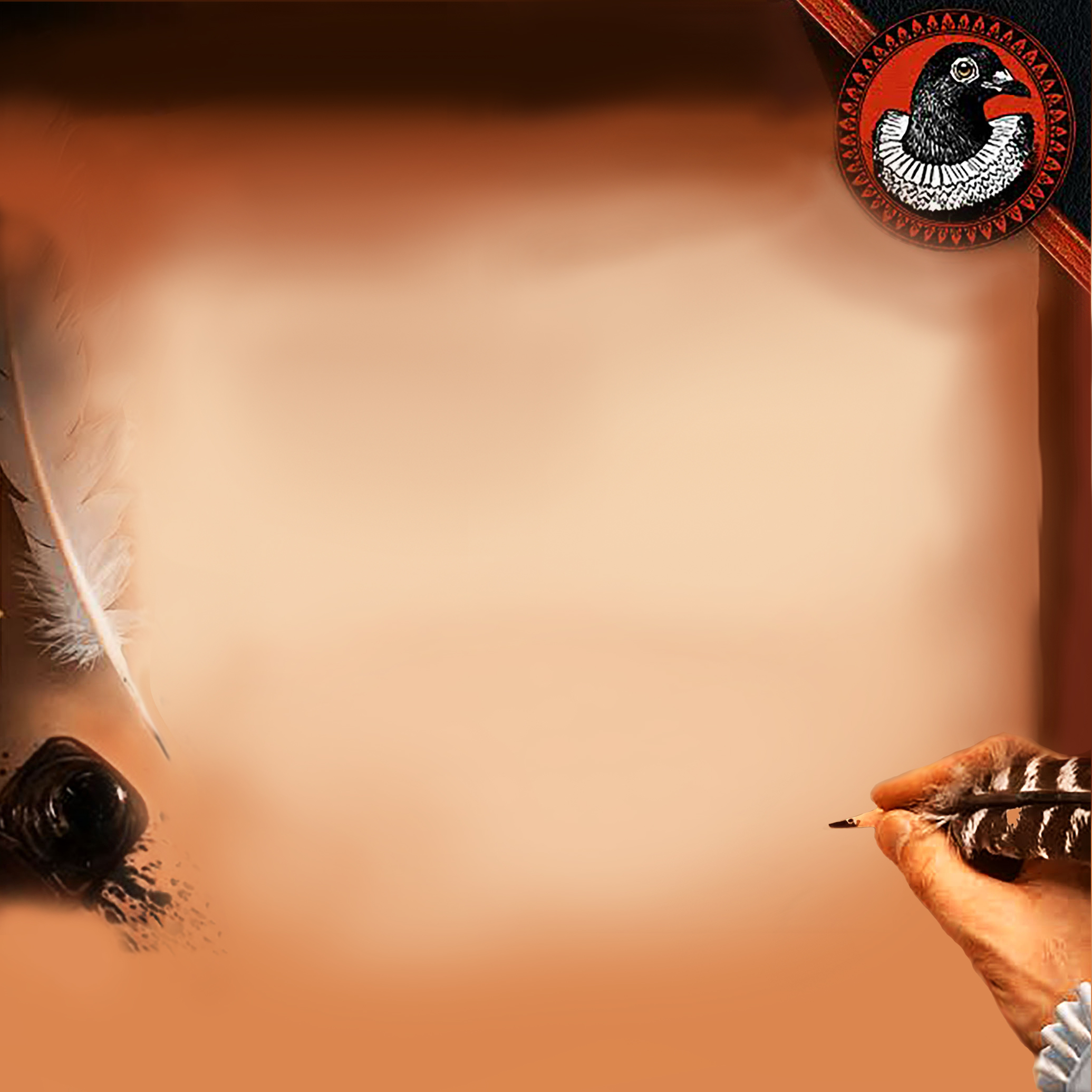Merry Christmas! For those of you interested in what Shakespeare had to say about this central Christian holiday, we have a relevant excerpt from his works, but before offering it, it’s worth noting that Christmas was not celebrated in his time as it is now. Easter was the focus of Christians in the English-speaking world, really until the 1840s, and the Christmas we know today, of religious awe and good fellowship, was almost single-handedly the achievement of Charles Dickens, who inspired all of Britain, and the United States and beyond, with not just A Christmas Carol, but with two additional on the same theme as well.
In Elizabethan England, Christmas was basically a time of revelry, the starting gun to a 12-day period that culminated in Twelfth Night. The Shakespeare comedy of the same name is devoted to revelry and self-abandon. The principle of order was represented by the comic foil Malvolio, steward to Lady Olivia, who tried in vain to maintain order in his lady’s house, even going so far as to upbraid Olivia’s uncle, the irrepressible Toby Belch, for drinking and singing into the night:
Malvolio: “Sir Toby, I must be round with you. My lady bade me
tell you, that, though she harbours you as her
kinsman, she’s nothing allied to your disorders. If
you can separate yourself and your misdemeanors, you
are welcome to the house; if not, an it would please
you to take leave of her, she is very willing to bid
you farewell.”…
Sir Toby Belch: “Out o’ tune, sir: ye lie. Art any more than a
steward? Dost thou think, because thou art
virtuous, there shall be no more cakes and ale?”
Sir Toby, Belch to his friends, admits that Malvolio is virtuous, but dismisses him and virtue together with the bare claim, no doubt true, that rock ‘n roll, or cakes and ale, will never die. By the 1840’s, the English speaking world was in the midst of a religious reawakening broader than the one that had inspired the Puritans of Shakespeare’s time, and Dickens, recognizing that there is a tide in the affairs of men which, taken at the flood, leads on to fortune, was there to enshrine it in literature, changing Christmas for, so far, almost two centuries.
But even here, Shakespeare was clairvoyant, sensing that the celebration of the birth of Jesus deserved a reverence that his own time had not yet realized it should possess. Here is Marcellus, a minor character in Hamlet, commenting on the predawn crowing of a rooster as he mans the battlements of Elsinore Castle at the start of the play:
Marcellus: “Some say that ever ‘gainst that season comes
Wherein our Saviour’s birth is celebrated,
This bird of dawning singeth all night long;
And then, they say, no spirit dare stir abroad,
The nights are wholesome, then no planets strike,
No fairy takes, nor witch hath power to charm,
So hallow’d and so gracious is the time.”
Merry Christmas!
I hope you enjoyed this Shakespeare snack! I write this blog in the hope that the classics, and Shakespeare chief among them, can keep us connected to the highest and best in Western culture, and can give us strength for the road ahead.
